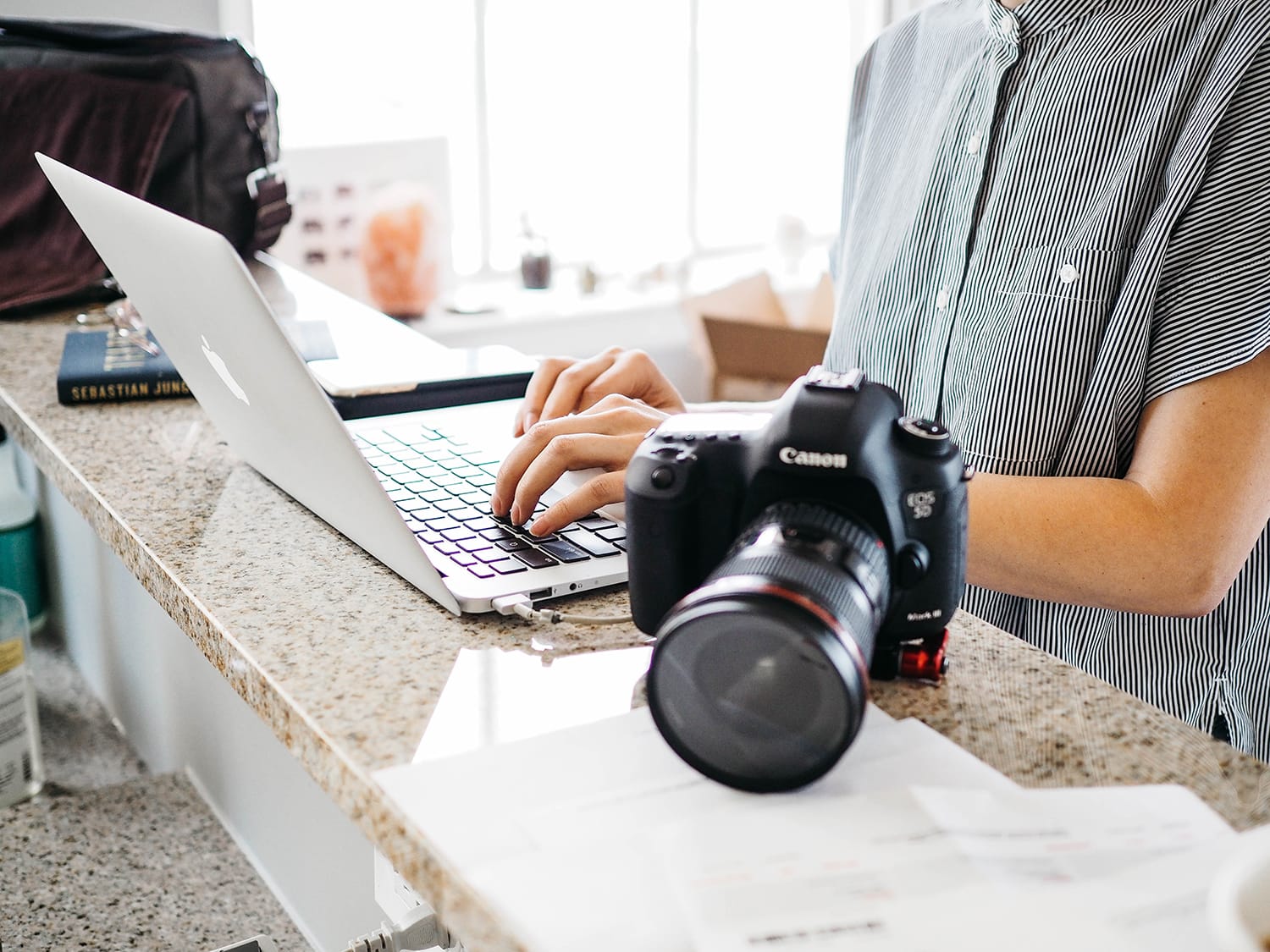The Business Side of Photography: 5 things I Wish I Had Known Before I Started My Photography Career
If you’ve decided to make a career out of photography, there are certain things you need to know before you press the “full speed ahead” button. Foremost of this is the fact that managing a photography career is basically like managing a small business.
It’s actually a combination of both: your photographic and business management skills. One cannot exist without the other.

You cannot have a successful photography career if you do not know how to be a good small business owner. I wish I had known this before I started going full blast in my career. You see, most photographers choose to spend all their time, effort, and resources in improving their skills and even in buying the best equipment, but they often forget that they also need to sell themselves well.
And selling is not just thinking and believing that people will hire your services because you take good photos. No, it is much more than that.
5 Things You Should Know Before Starting Your Photography Career
One of the many things photographers should learn to is to accept and learn from their mistakes. These negative and often painful incidents should be used as learning and growth opportunities. They should be seen as chances for moving forward. This is exactly what I did when I started learning more – not only about the technical aspects of photography, but also on the business side of things.
Here are five things I wish I had known before I embarked on my photography career. I learned all of these over the years – and all have helped my business go from level one to where it is now.

1. Determine if you’re ready to transform your hobby into a business.
If you’re not sure you are ready to turn your hobby into a career, try to do a portfolio shoot first. Invite family, relatives, and friends to be your models. Don’t charge them anything even if you do a full shoot. The minute you ask them to pay for your services, you’re already transitioning into a businessperson.
Basically, the purpose of this free session – aside from helping you build your portfolio – is to get a feel of what it’s like to work with clients who can tell you what they want. So you should ask your guests to tell you what kind of concept they want. At the same time, you should also give them a service that’s expected from a paid professional photographer.
Several items you might want to add to create a more authentic business atmosphere: a contract or a service agreement, a set of questionnaires for the clients (guests), and order form indicating how many printed copies they want.
After the shoot, try to determine if you’re ready for the kind of process you just experienced. If you are, then you’re ready to explore the business side of photography!
2. Learn everything that you can about running a small business.
You don’t have to join a crash course on small business; all you need to know are the basics. Why is invoicing important? How and when do I give the invoice? What legalities should be discussed with and given to clients? What is a service agreement? These are things you need to learn to protect yourself and your business.

For example, you need to give your client an invoice before the shoot. Some photographers even require for the full payment before finalizing the shoot details. If your clients get an idea of how much they need to pay for your professional services, you can get an assurance that they’ll pay it. Sadly, there have been cases where clients leave without paying the photographer and they are never seen again.
To avoid this, everything should be on paper, which is what the service agreement / contract and invoice are all about. Print out a list of services you and the client have agreed on and write it all down. One copy for you and the other should go to the client.
Other essential things you need to learn: cash flow (cash that gets in and cash that goes out), bills payments (utilities, loans, and other stuff like Internet services), and how to open and manage a business bank account.
You’ll learn more about these along the way, but having basic information before or when starting out will be a big help.
3. Know your worth. Don’t undersell your skills.
You should know your worth as a photographer and you should be confident about this. Do not let clients who complain about your expensive services get in the way of this. There will always be someone who will find your services expensive. You have an obligation to yourself – and that is to sell yourself well. If you lower your pricing because some people find it too expensive, you’re also lowering your worth. You’re selling yourself short.

Photography is not easy and it is definitely not for everybody. It’s also very expensive. Your photos are a result of skills, dedication, hard work, and your commitment to creativity. Remember this always when you sit down and work on pricing. It’s going to be difficult in the first few weeks, but you’ll get used to it. And once you’ve set a price, stick to it. It should go hand-in-hand with your branding.
4. Professional photographers should not work for free, but there are exceptions to the rule.
While the golden rule as a professional photographer is to never sell your services for free, there are instances when you need to. This should not and does not happen all the time though.
If you’re trying to build business connections and establish your client list, there are instances when you can set up a free shoot. A good example would be offering your services for a brand that suits your concept and style. If you have an advocacy that’s close to your heart, you can also use a project or program related to it for a free shoot. Both instances will immediately give you opportunities to establish connections that you can use for future projects and partnerships.

When should you not offer free services? When it’s your friends asking – just because you are friends. If you don’t put a stop to it early on in your career, it can become a regular thing. And you wouldn’t want that.
5. Lastly, practice these: consistency, reliability, and honesty.
This is very important: never ever let your success get into your head. This is what some photographers always forget. Just because you are the photographer for a particular project does not mean you have the authority to disrupt everybody’s schedule.
For example: it is not right for you to sign a contract with a brand and agree to come up with new photos for the product every month and then just disappear without saying anything to the client. It is not right for you to just sit back and relax after receiving a partial payment for a project you haven’t even started yet because you just felt like it wasn’t the right time yet. Remember, you entered a contract with the client. You should adhere to that agreement and follow moral business ethics.

Don’t think of yourself as unbreakable because you are, no matter how good a photographer you are.
These are just some of the valuable lessons I learned in my career as a photographer. I may have not learned all these before I started establishing my career, but they’ve helped me time and again. Let these be your precious guides, too.
